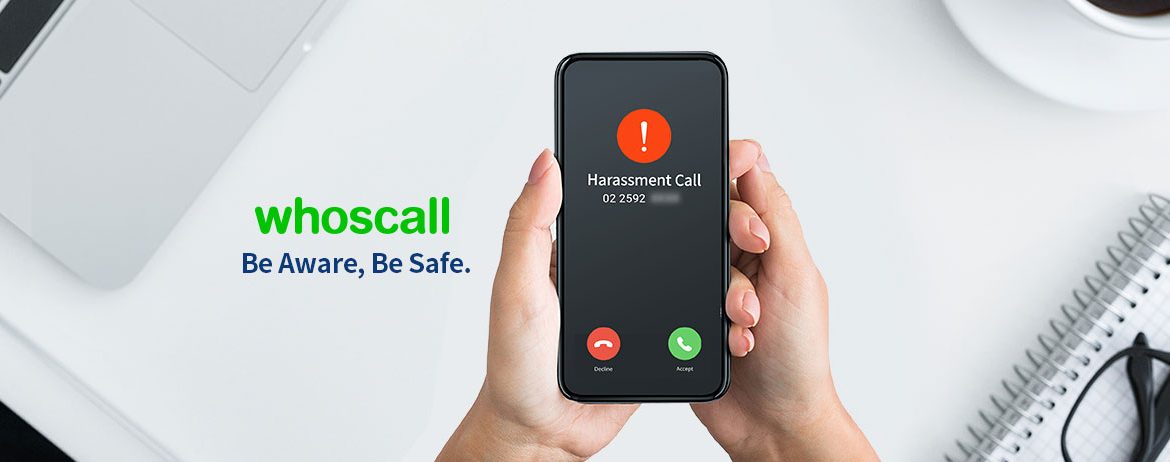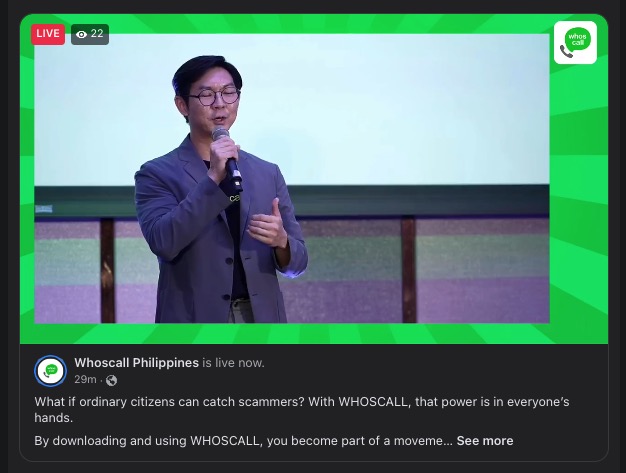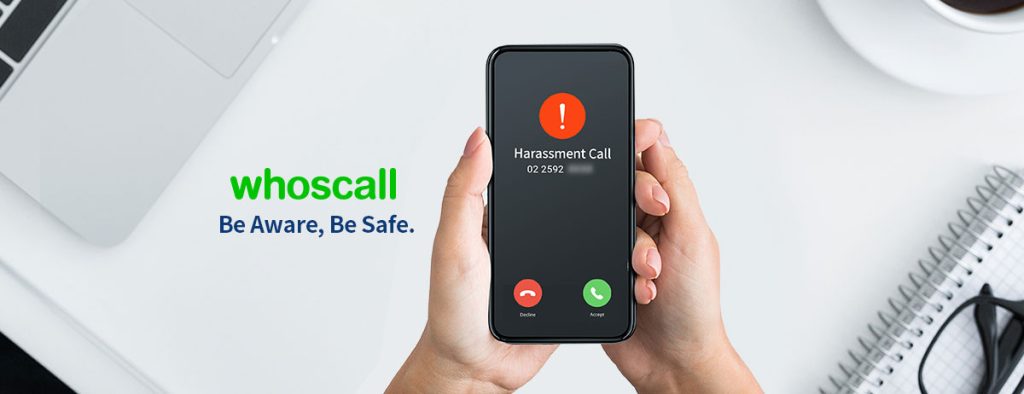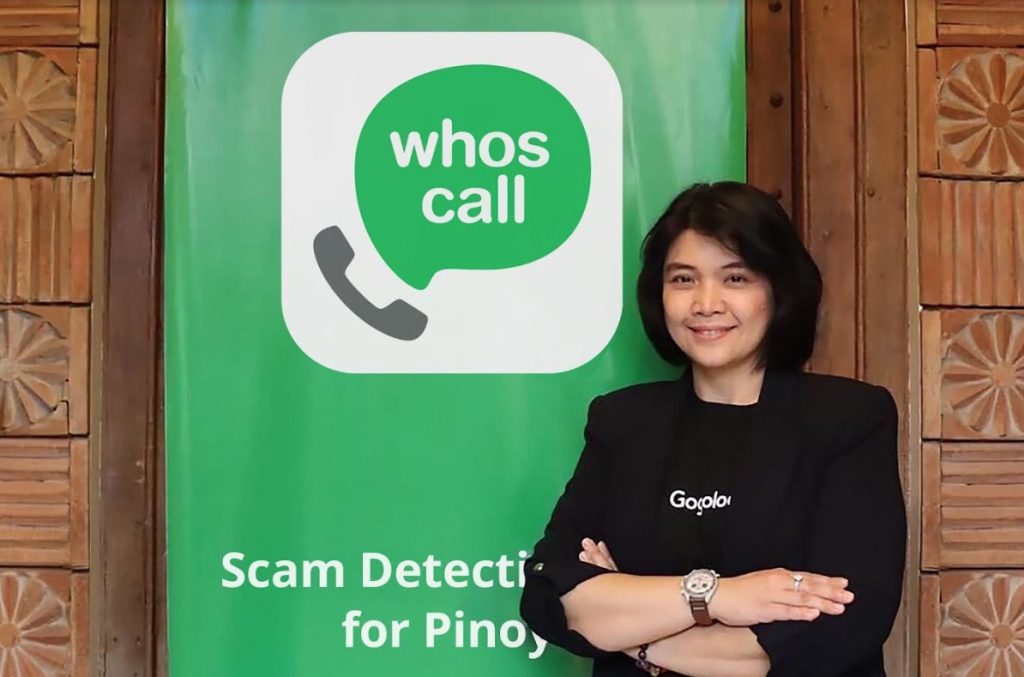Consider the following example: You’re about to start your day. When your phone rings, an unknown number appears on the screen.
You hesitate to react, unsure whether the call is from a relative or a coworker or if it is just another telemarketing contact or scammer attempting to take advantage of you.
What could have been a pleasant morning has turned tense.
Is this anything you’ve heard before?
Many Filipinos are currently suffering from this illness. Some of our countrymen have been through even more horrible experiences. People have lost their jobs and life savings due to the increasing prevalence of scams.
The worst of all?
Scammers are continuously devising new ways to deceive people.

Whoscall, a leading call identification and spam-blocking service, is working hard to address this troubling scenario.
This program recognizes unusual numbers, blocks spam calls, and checks messages for suspicious URLs to provide comprehensive mobile security.
Whoscall has finally come into the country, armed with various breakthrough AI capabilities and an internationally known reputation, to improve our country’s mobile security.

On August 22, 2023, Whoscall successfully launched an event at New World Hotel, Makati City, extending its campaign for a Scam-Free Pilipinas.
Participants included award-winning broadcast journalist Karen Davila, “Geeky Tech Dad” Gian Viterbo, youth activist Aileen Montalbo, and a panel of cybersecurity specialists, lawmakers, and notable persons with firsthand fraud experience. The incident highlighted the troubling rise in bogus calls and emails in the Philippines. It also addressed the actions we should take to solve this critical issue.
“Maraming kababayan nating OFW ang nawalan ng ipon dahil naloko ng scammers,” said Gian Viterbo, a significant technology leader in the country.
“Hayaang hayang mangyari sa iba pa.” “These scam texts and calls are more than just inconveniences,” said Aileen Montalbo, a former Batangas councilor who is currently President of the Batangas Girls Scout Council, an Ayala Youth Leader, and an influencer/blogger.
They have an impact on our daily lives and security. Let us collaborate to develop ways to make our country more resilient against scams.”
The event’s host, Gelli Victor, chimed in, stating she, too, had been the victim of phishing attacks. “Since the pandemic contact tracing, I’ve had far too many scammers and spammers.”
“I still got them after I registered my SIM, and even more on Whatsapp,” the fitness professional and newsreader stated.
Scammers’ methods are becoming more complex, according to Undersecretary Alexander K. Ramos of the Cybercrime Investigation and Coordinating Center and Colonel Joey Fontiveros of the Philippine Army’s Deputy Regiment Commander, Army Signal Regiment.
This emphasizes the significance of a resource like Whoscall, which employs cutting-edge artificial intelligence, and how the app’s arrival in the country is timely and relevant.
Using Whoscall, users may regain control and assurance over their phone communications. The app’s anti-fraud capabilities allow users to decide whether to reply to or ignore calls and texts. Individuals who use the app can also report unusual numbers, allowing them to contribute to the greater effort to combat fraudulent behavior.
Gogolook, Whoscall’s visionary force, discussed what motivated them to launch the app in the country.
“We saw how Filipinos suffered losses from scams as fraud became more visible during and after the pandemic, similar to other countries where Whoscall has been launched, such as Thailand, Malaysia, and Japan.”
“This fact fueled our desire to build a comprehensive life protection platform available to every Filipino across the country,” Gogolook’s Chief Operating Officer Manwoo Joo stated.
Whoscall, backed by world-leading AI and data-driven technologies, has the largest database of unknown callers, spam and scam calls and texts, and potentially harmful URLs in East Asia and Southeast Asia.
Its excellence was rewarded with the App Store’s Best App award in 2015 and the Best App and Best Innovation awards from Google Play in 2013 and 2016. As a result of its accomplishments, Whoscall has created cooperation with international law enforcement agencies such as the Thailand Police Cyber Taskforce, Hong Kong Police Force, and Malaysian Royal Police, as well as government organizations and corporate sectors.
“Whoscall has been available and is the leading caller ID and scam detection app in other Asian countries like Thailand and Taiwan, accumulating 100 million downloads worldwide,” said Gabriel Barrios, Country Marketing Head for the Philippines, in closing remarks. It has also been applied in other Asian countries, and we are thrilled to finally provide this safeguard to all Filipinos. We strongly recommend that everyone download it and join the community to protect themselves and their loved ones from threats, fraud, and scams.
It’s time for us all to rise up and work together to make the Philippines a scam-free zone!”
Whoscall is now available for download on Google Play and the Apple App Store. You can get it by following the link below or scanning the QR code.



